Performing Arts: Music
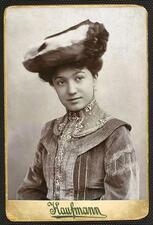
Lina Abarbanell
The talented singer Lina Abarbanell had a gift for lighter musicals and operettas with complicated, Viennese flourishes, and several composers wrote parts specifically for her distinct soprano. Following her successful international performance career, Abarbanell became a well-known casting director, Broadway producer, and occasional director.
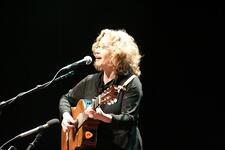
Chava Alberstein
Chava Alberstein is a singer-songwriter who by the end of 2020 had recorded over 60 albums (including eight albums in Yiddish but not including singles and song collections), more than any other Israeli singer. Alberstein has toured globally and is considered one of the most important female performers of Hebrew music, Yiddish folk songs, and children’s songs.
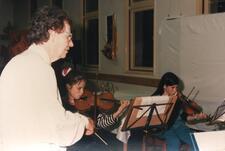
Chaya Arbel
Raised as a kibbutznik and taught that music was frivolous, Chaya Arbel only began pursuing a musical career in her forties, but she went on to become one of Israel’s great modern composers. She was active in music education for several decades and gained general recognition as a composer in her seventies.
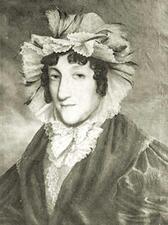
Australia: 1788 to the Present
The first Jewish women, like the first Jewish men, arrived in Australia on the very first day of European settlement in 1788. Those convict pioneers were followed by free settlers who made Jewish communal and congregational life viable and helped to develop the vast continent. Jewish women have made significant contributions to Australia's national story.
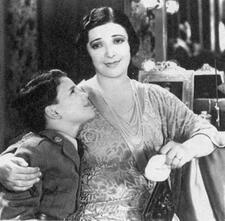
Belle Baker
Belle Baker has been described as a famed torch singer and vaudeville star, as well as a Yiddish, Broadway, and motion picture actor. Among the songs associated with her are “Eli Eli” and “My Yiddishe Mama.” Her resonant voice made her the first choice of many composers to debut their songs, and she helped to introduce 163 songs to the public throughout her career.
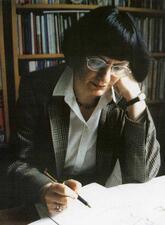
Zsófia Balla
In Hungary, Zsófia Balla is considered one of the greatest women poets. Her lyricism is mixed with grotesque playfulness along with fragmented, ironic, prose-like sequences. Due to her outspoken and down-to-earth character, she plays a large role in shaping contemporary Hungarian literature.
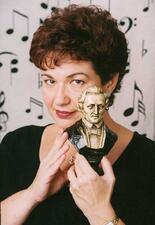
Astrith Baltsan
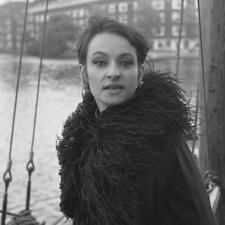
Barbara (Monique Andree Serf)
Barbara (Monique Andrée Serf) was a French singer and composer whose melancholy style rose to national significance. Born in Paris in 1930, after World War II Barbara studied music, rising to fame in the 1960s. Her Jewish identity and wartime experience as a child influenced her non-conformist persona as an artist, and through her song lyrics, she advocated for Franco-German reconciliation.
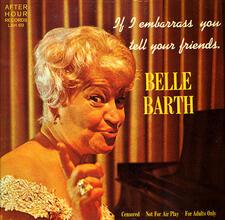
Belle Barth
Singing her way through popular standards and performing imitations of Sophie Tucker, Al Jolson, Harry Richman, and Gypsy Rose Lee kept Barth employed on the vaudeville circuit through the 1930s and 1940s. The character of her act changed in the 1950s, when she began to mix her two talents—music and comedy—and added a splash of “red hot mama” for good measure.
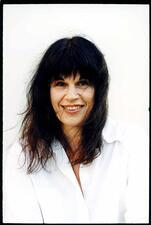
Michal Bat-Adam
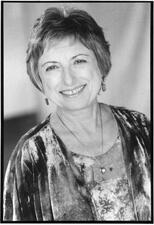
Ora Bat Chaim
Ora Bat Chaim is a poet, painter, and concert manager who in her late 50s began a prolific music composition career. Bat Chaim was the manager of the Zavit Theater and composed over 400 pieces for musicians, plays, and movie soundtracks. Her music can be described as a reflection of Jewish mysticism, yoga, and universal principles of truthfulness, compassion, and tolerance.
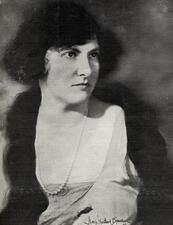
Marion Eugénie Bauer
Marion Eugenie Bauer was a modernist and experimental composer whose musical scholarship advocated for women’s voices to be heard and revived interest in female composers. As a teacher, writer, and composer, she was actively involved in many music and composition organizations, frequently as the only woman in a leadership position.
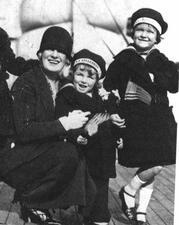
Nora Bayes
Nora Bayes was a star in vaudeville and musical comedy in the early twentieth century. Known for her lush singing voice and hilarious acting, Bayes was a part of the Ziegfeld Follies, the Keith vaudeville circuit, and had her own one-woman show. Bayes had many arguments with male producers, theater administrators, and businessmen, as she often questioned the traditional role of women and asserted her independence.

Jeanne Behrend
Jeanne Behrend was a renowned pianist, music educator, and composer who was dedicated to creating music and popularizing North and South American music. Behrend won Columbia University’s Joseph Bearns Prize in 1936; debuted at Carnegie Hall in 1937, performing one of her own compositions; and founded the Philadelphia Festival of Western Hemisphere Music in 1959.
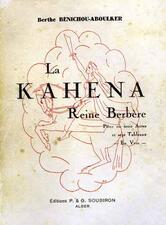
Berthe Bénichou-Aboulker
Writer and artist Berthe Bénichou-Aboulker was born in Oran, French Algeria, in 1886. She published a number of collections of poems and plays. After publishing her first play in 1933, she became the first woman writer to be published in Algeria.
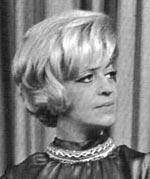
Yara Bernette
Raised in Brazil, world-renowned pianist Yara Bernette began studying piano with her uncle, a major Brazilian classical musician of his day. She toured across the world and became the head of the piano program at the Hamburg Music and Performing Arts School.

Amy Bernstein
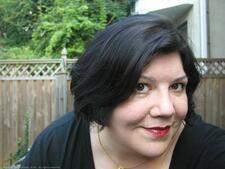
Hanne Blank
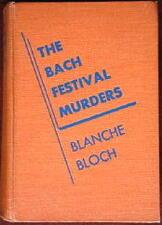
Blanche Bloch
Blanche Bloch helped open new opportunities for women in music as both a founding member and conductor of the New York Women’s Orchestra. Bloch collaborated with her husband, Alexander Bloch, performing, writing operettas, and delivering joint concerts and music lectures. Bloch also authored two mystery novels.

Rachel Bloom
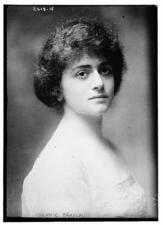
Sophie Braslau
In her short life, Sophie Braslau was an extraordinary contralto and international opera sensation. After making her debut at the Metropolitan Opera in New York at age eleven, she toured the United States, Europe, and Canada and recorded many albums. She also sang at fundraisers such as the Omaha Hebrew Club campaign to raise money for Jewish war sufferers.

Brazil, Contemporary
Brazil is home to the second largest Jewish community in South America. Jewish women played important roles in the absorption of Jewish immigrants from Europe, the Middle East, and North Africa, and also made important contributions to Brazilian intellectual and artistic life.
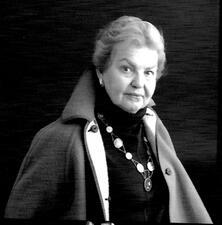
Claire Brook
Claire Brook was a writer, editor, and composer whose career was most distinguished by her work in publishing. After retiring from W.W. Norton, she founded Pendragon Press, a small press focused on musicological books, with her husband and brother.
Tullia Calabi-Zevi
Born in Milan, Tullia Calabi-Zevi began working as a journalist during World War II and wrote prolifically for a number of publications over the next few decades. In her later life she held many public leadership positions, including several in organizations specifically concerning Jewish life in Italy.
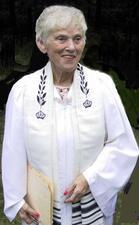
Cantors: American Jewish Women
Women’s vocal leadership in synagogue music began with zogerin (women prayer leaders) in the women’s gallery. In the nineteenth century, women began participating in mixed choral and community singing, and some opera singers acted as cantors in important Reform congregations. In the 1970s and 1980s, the Reform and Conservative movements began formally investing women as cantors, and today a plurality of cantors in liberal movements are women.


